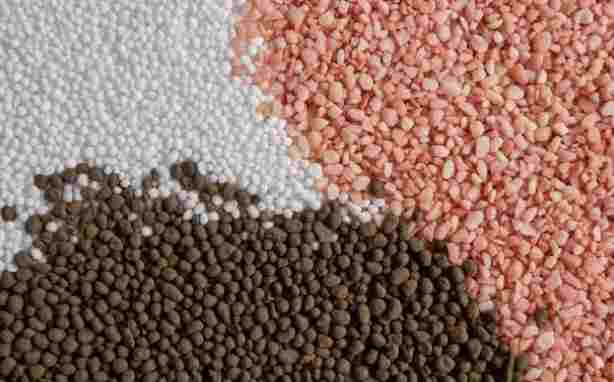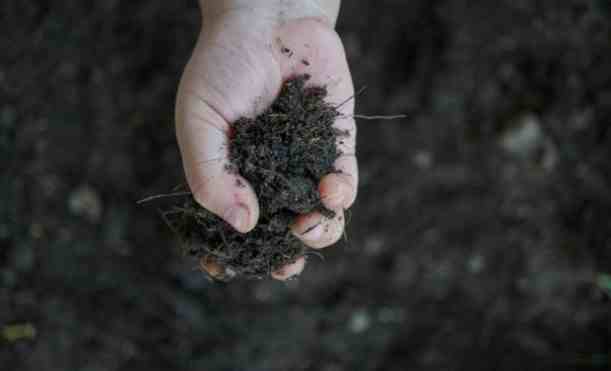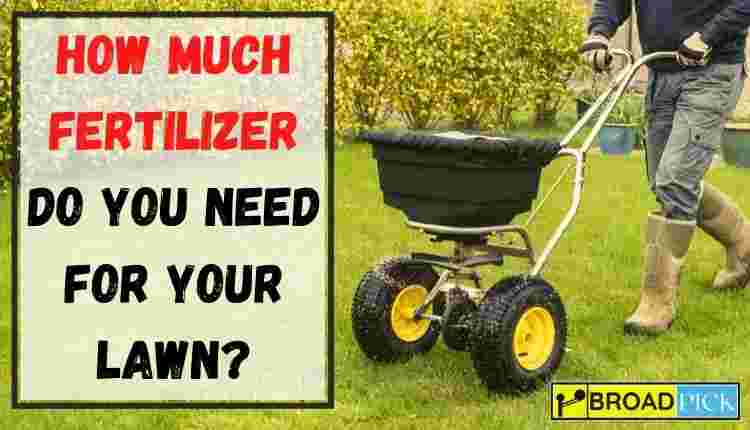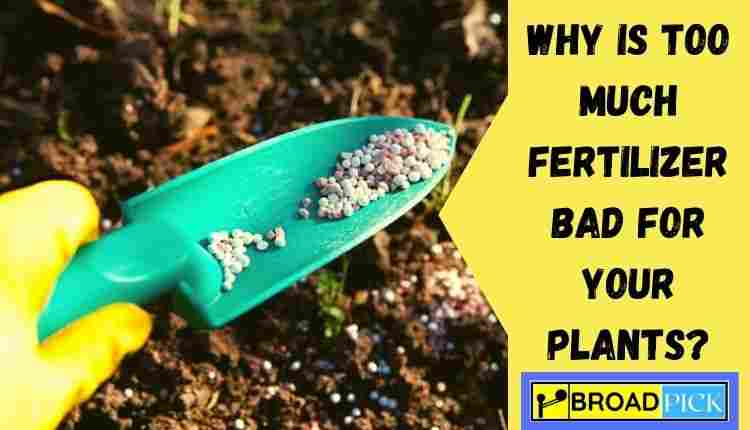Compost or fertilizer whatever you are using for your vegetative growth. Your primary purpose is to serve the plant for better nutrition and keep green, Right? The must nutrient needs for your plant to proper vegetation called essential nutrients. If the plant gets its essential nutrients, the growth will be fast enough.
Though you want the better use for your plant, you have to understand the advantage or disadvantages of fertilizer and compost. What purpose you use and where to apply. The fertilizing depends on the quality of soil as well as fertilizer also.
We'll discuss the proper and useful techniques of fertilizing and composting. Also, cover the perspective use of plant growth with the help of them.
What is fertilizer?
Fertilizer that influence the growth of the plant while supplying proper nutrition. When a plant needs nourishment, it checks the soil first.
Whether absent of the nutrient the plant must need the external source where from it can get its food. The external source is relatively called the fertilizer.
How does fertilizer work?
When vegetation faces the lack of nutrition and can't get sufficient ions from the soil, plant showing their symptom with yellowish leaves, rachis-rotten, or other several occurrences due to malnutrition.
When you are giving the fertilizer to the soil, the plant collects the ions and transmit to their cell tissue for repairs. Fertilizing is an essential thing for yield production.

You may not get your desire production if your plant doesn't get enough nutrients. So keep your concentration with proper fertilizer management.
ADVANTAGE AND DISADVANTAGE OF FERTILIZER
Advantage:
Disadvantage:
Do You know nutrient properties and fertilizer useful for plants?
From fertilization, the essential nutrients that are called for the plant are NPK (Nitrogen, Phosphorus, potassium). According to the various use of fertilizer, some are given below with their symptomatic use-
Urea:
For vegetative growth & Geenish texture of the land, World production of urea fertilizer is a hint that 90% of the product is used for Nitrogenous purposes. Urea is the highest nitrogen-containing fertilizer almost (62% of nitrogen).
composition: Nitrogen, Hydrogen, Carbon
Mop (Muriate of Potash):
The red brickish coloured crystal-like fertilizer gives the plant with potassium. The synthetic source of potash as fertilizer is Mop. Potassium deficiency in plants causes brown scorching. The curling of leaf tips is also an efficient symptom.
Others:
Without these, there are many examples of using fertilizer for your plant growth. DAP, Magnesium, Boron, Molybdenum, etc. are also needed for your plant in different use variants.
What is compost?
Compost is the full organic matter that may be originated from the decomposing of green waste or organic material. As likes leaves, straw, Etc. Some compost comes from the animal originate substance like vermi-compost.
All compost is having mainly carbon, nitrogen, oxygen, water, Etc. If you want to enrich your soil condition and natural resource for your plants, the compost will be the best choice for you.
How do Compost works?
Compost is a vital property for your plant as well as your land. Compost is naturally enriching your soil properties for a long time and recover your plants from the adverse effect of synthetic fertilizer.
It will fillup the pore space of the soil with naturally produce safe nutrient. The use of better composting to the ground will help you to erosion control, land reconstruction, and fill with the Greenland project.
Nutrient Properties of compost?

Compost is creating various waste product. Every organic waste product has its nutrient substance like- potassium in a banana peel, calcium from egg-shells, and many more. The compost has the nutrient, which is the best for the soil.
ADVANTAGE AND DISADVANTAGE OF COMPOST.
Advantage:
Disadvantage:
Factors To Consider When Choosing Between Compost And Fertilizer
Choosing between compost and fertilizer requires considering several factors, including nutrient content, application method, and long-term soil health. While compost provides organic matter and improves soil structure, fertilizers offer a more concentrated nutrient source.
Ultimately, the decision depends on your specific gardening needs and environmental goals.
Factors to Consider when Choosing Between Compost and Fertilizer When it comes to enriching the soil and providing essential nutrients to your garden, choosing between compost and fertilizer can be a tough decision.
Both options have their benefits, but understanding the factors to consider can help you make an informed choice. Here are the key aspects to keep in mind:
Soil Type And Fertility Level
The first factor to consider is the soil type and fertility level of your garden. Different plants thrive in different soil conditions, and understanding your soil’s composition is crucial. Compost, being organic matter that decomposes over time, improves soil structure and fertility.
It adds organic material and beneficial microorganisms to the soil, enhancing its ability to retain moisture and nutrients. In contrast, fertilizers are specifically formulated to provide plants with immediate nutrition, regardless of soil type. They can be beneficial for addressing specific nutrient deficiencies in your soil.
Nutrient Requirements Of Plants
Plants have varying nutrient requirements throughout their lifecycle. Some may require nitrogen for leafy growth, while others may require phosphorus for flower and fruit development. Before deciding between compost and fertilizer, it’s important to consider the nutrient needs of your specific plants.
Compost generally contains a lower concentration of nutrients compared to fertilizers, but it offers a wide range of essential elements in a slow-release form. Fertilizers, on the other hand, can provide a targeted nutrient boost for specific plants or at specific growth stages.
Organic Gardening Practices And Sustainability Goals
If you are committed to organic gardening practices and have sustainability goals, then compost may be the better choice for you. Compost is derived from organic waste materials, such as vegetable scraps, leaves, and grass clippings. By using compost, you recycle these materials and reduce waste while promoting natural nutrient cycling.
Fertilizers, especially synthetic ones, may contain chemicals that can harm beneficial organisms and impact the environment. Considering your environmental impact and long-term sustainability goals is essential when making your decision.
Environmental Impact And Long-term Effects On Soil Health
Beyond sustainability goals, it’s important to think about the broader environmental impact and long-term effects on soil health. Compost, when used consistently, improves soil structure, increases water holding capacity, and enhances microbial activity.
It helps build healthy soil, reducing the need for excessive fertilizer use in the long run. Fertilizers, if misused, can lead to nutrient imbalances, leaching, and pollution of water bodies. It’s crucial to follow proper application rates and timing to minimize their environmental impact.
Cost-effectiveness And Availability
The final factor to consider is the cost-effectiveness and availability of compost and fertilizers. Compost can be created at home through backyard composting or obtained from local municipalities or garden centers. While it may require time and effort to produce sufficient quantities for larger gardens, it offers an affordable long-term solution.
Fertilizers, especially organic ones, can be more expensive and may need to be purchased regularly. It’s essential to compare costs and availability to ensure that your chosen option suits your budget and convenience.
What is the pick choice for you?
The choice will decide what purpose will you use whether compost or fertilizer. Most of the time if you are yield producer, you will go with the fertilizer because it will give instant nutrients to the soil.
If you are a passionate gardener, you can choose compost for your plant for better health.
Frequently Asked Questions On Compost Vs Fertilizer
What Is The Difference Between Compost And Fertilizer?
Compost is organic matter that enriches soil, while fertilizer is a formulated nutrient supplement. Compost improves soil structure, promotes beneficial organisms, and slowly releases nutrients. Fertilizer provides specific nutrients for plants to grow quickly. Both have their benefits and can be used together for optimal plant growth and health.
How Does Compost Benefit Plants?
Compost enhances soil fertility, improves soil structure, retains moisture, and promotes nutrient availability to plants. It also encourages beneficial microorganisms, suppresses plant diseases, and reduces the need for chemical fertilizers. Compost acts as a slow-release fertilizer, providing a steady supply of nutrients over a longer period.
Why Should I Use Fertilizer?
Fertilizers provide essential nutrients like nitrogen, phosphorus, and potassium that plants need for healthy growth and development. They can correct nutrient imbalances in the soil and give plants a quick nutrient boost. Fertilizers are especially useful when the soil lacks specific nutrients or when plants show signs of deficiency, enhancing overall plant health and productivity.
Conclusion:
Compost or fertilizer both are beneficial for your plant to grow. So you can choose according to your requirements. But you should keep in mind that fertilizer is making with synthetically.
On the other side, using compost can be your safe choice. Both contain the essential nutrients NPK -Nitrogen, Phosphorus, Potassium. You can pick the fertilizer that made from synthetic origin or organically made compost.
You will get your most desirable return with compost but need a little bit of time to get the result. But you can sure that, compost won't kill the beneficial organism in your soil. But fertilizer can be hazardous for your soil organism.
We've told you all information for knowing the fertilizer and compost. Now it's your turn to choose one.

I am a graduate of Bangladesh Agricultural University, where I delved into various agricultural disciplines, equipping me with a profound understanding of agriculture. Beyond academics, I have hands-on experience in gardening and crop cultivation. My passion is to embrace sustainable farming and horticulture. With a BSc in Agriculture, I am dedicated to promoting environmentally conscious and efficient agrarian practices.
Bachelor of Science (BSc) in Agriculture (Hons.)
Master of Science. (Sustainable Agriculture & Food Security ) (MS)
Bangladesh Agricultural University




